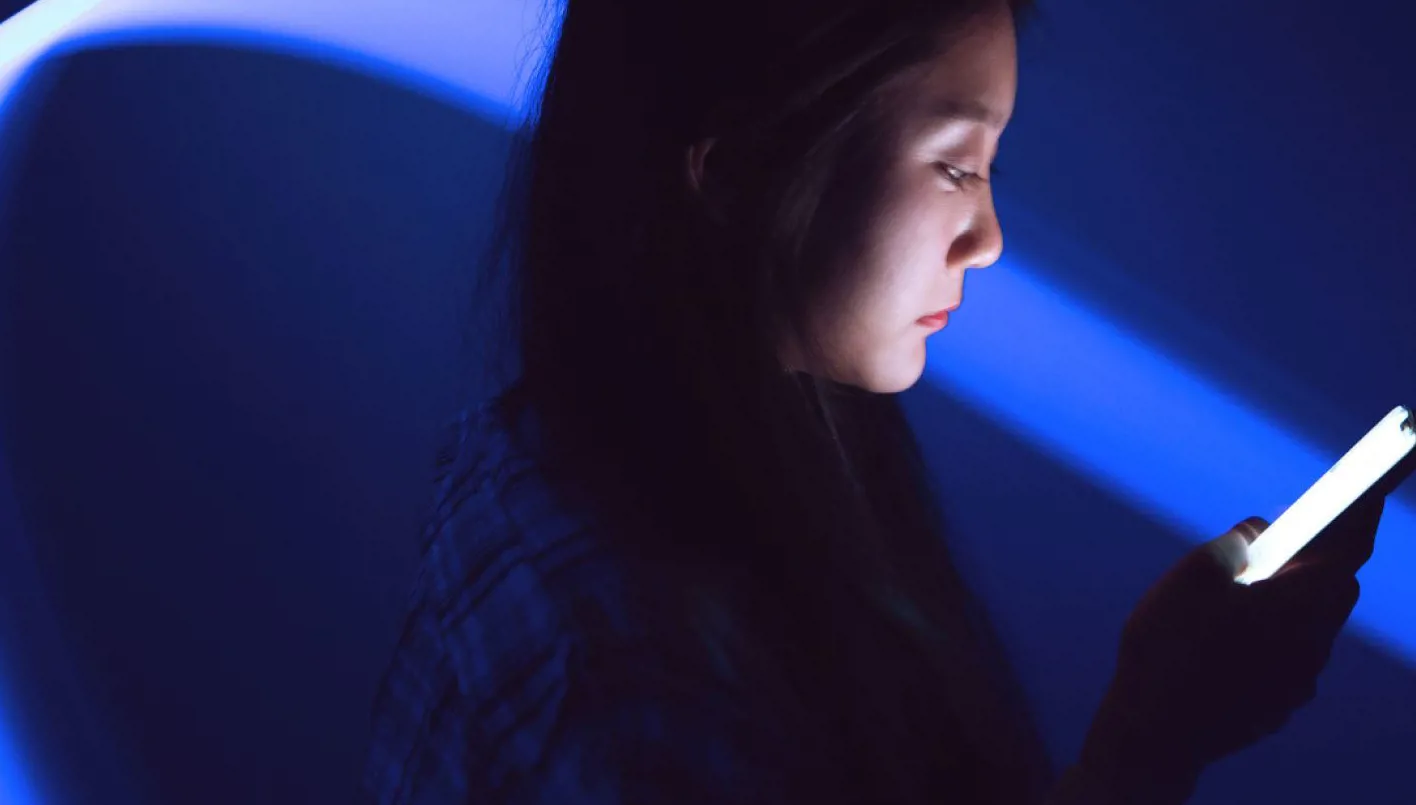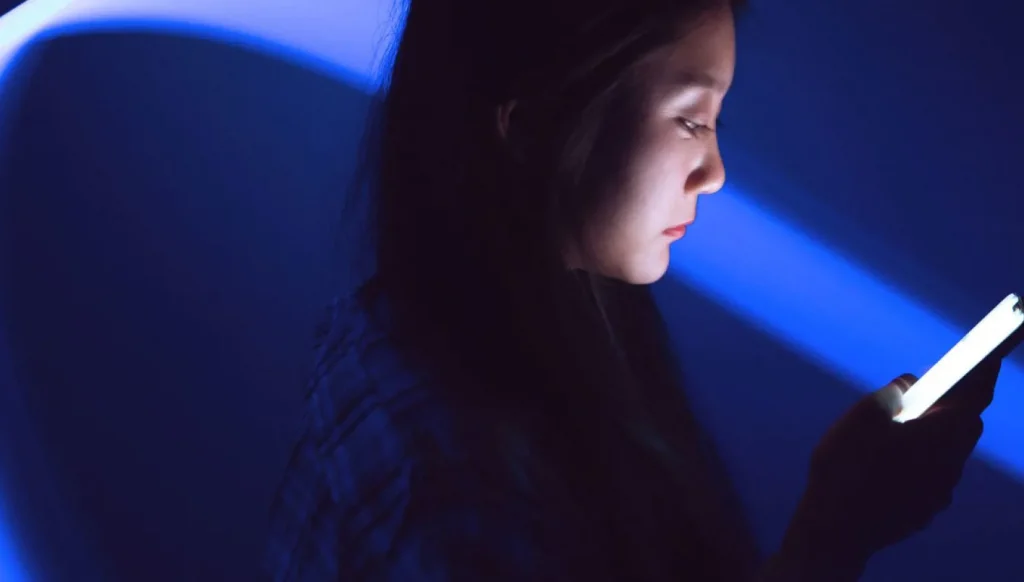This content, produced in large quantities using low-quality AI tools, often floods authentic posts and blurs the line between fiction and reality.
Videos have circulated online showing women in bikinis conducting street interviews, provoking crude comments with high realism, but in fact, these are fake and produced by AI to flood social media with sexually biased content, according to AFP.
This mass-produced content using low-quality AI tools often drowns out authentic posts and erodes the boundary between fantasy and reality.
This trend has led to the emergence of influencers who unprofessionally produce sexual content, encouraged by incentives from platforms that financially reward widely spread content on social networks.
Many AI-generated videos, filled with crude humor, show alleged semi-naked interviews on the streets of India or the UK.
The AFP fact-checking team found hundreds of such videos on Instagram, many in Hindi, showing males being interviewed, making misogynistic and sexually biased comments, sometimes attempting to grab women while a crowd of men watches or laughs in the background.
These videos have garnered tens of millions of views. Some have monetized this popularity by promoting an adult messaging app aimed at “making new friends.”
These clips were created using Google’s AI generator “Veo 3,” known for its highly realistic images, according to the US cybersecurity company Get Real Security.
Cyberpsychologist Nirali Bhatia, based in India, said, “Misogyny, which used to be confined to chat rooms and groups, is now disguised as AI-generated images.” She added, “This is part of the gender biases created by AI and it fuels sexism.”
Social networks are increasingly flooded with a huge volume of AI-generated memes, videos, and images competing with original content for attention.
“Not Real”
Last year, Alexios Mantzarlis, director of the Security, Trust, and Safety initiative at Cornell Tech, discovered 900 Instagram accounts of “models” likely AI-generated, most semi-naked.
These fake accounts attracted 13 million followers and posted over 200,000 images, usually monetizing their audience by redirecting them to commercial content-sharing platforms.
With the spread of fake AI-generated content, Mantzarlis told AFP, “The numbers could be much higher today.” He added, “Expect to see more ridiculous content exploiting body standards that are entirely fake.”
Many content creators on YouTube and TikTok offer paid courses on how to monetize widely spread AI-generated content.
Some platforms have taken strict measures against accounts promoting low-quality content.
YouTube recently announced that “fake” and “mass-produced” content creators will no longer be eligible for monetization.
AI consultant Devindra Gadon said, “AI does not invent misogyny. It reflects and amplifies what already exists.”
She added, “If the audience rewards this type of content with millions of likes, algorithms and AI creators will continue producing it. The most important battle is not only technological but also social and cultural.”














Recommended for you
Talib Al-Rifai Chronicles Kuwaiti Art Heritage in "Doukhi.. Tasaseem Al-Saba"
Exhibition City Completes About 80% of Preparations for the Damascus International Fair Launch
Unified Admission Applications Start Tuesday with 640 Students to be Accepted in Medicine
Egypt Post: We Have Over 10 Million Customers in Savings Accounts and Offer Daily, Monthly, and Annual Returns
His Highness Sheikh Isa bin Salman bin Hamad Al Khalifa Receives the United States Ambassador to the Kingdom of Bahrain
Al-Jaghbeer: The Industrial Sector Leads Economic Growth